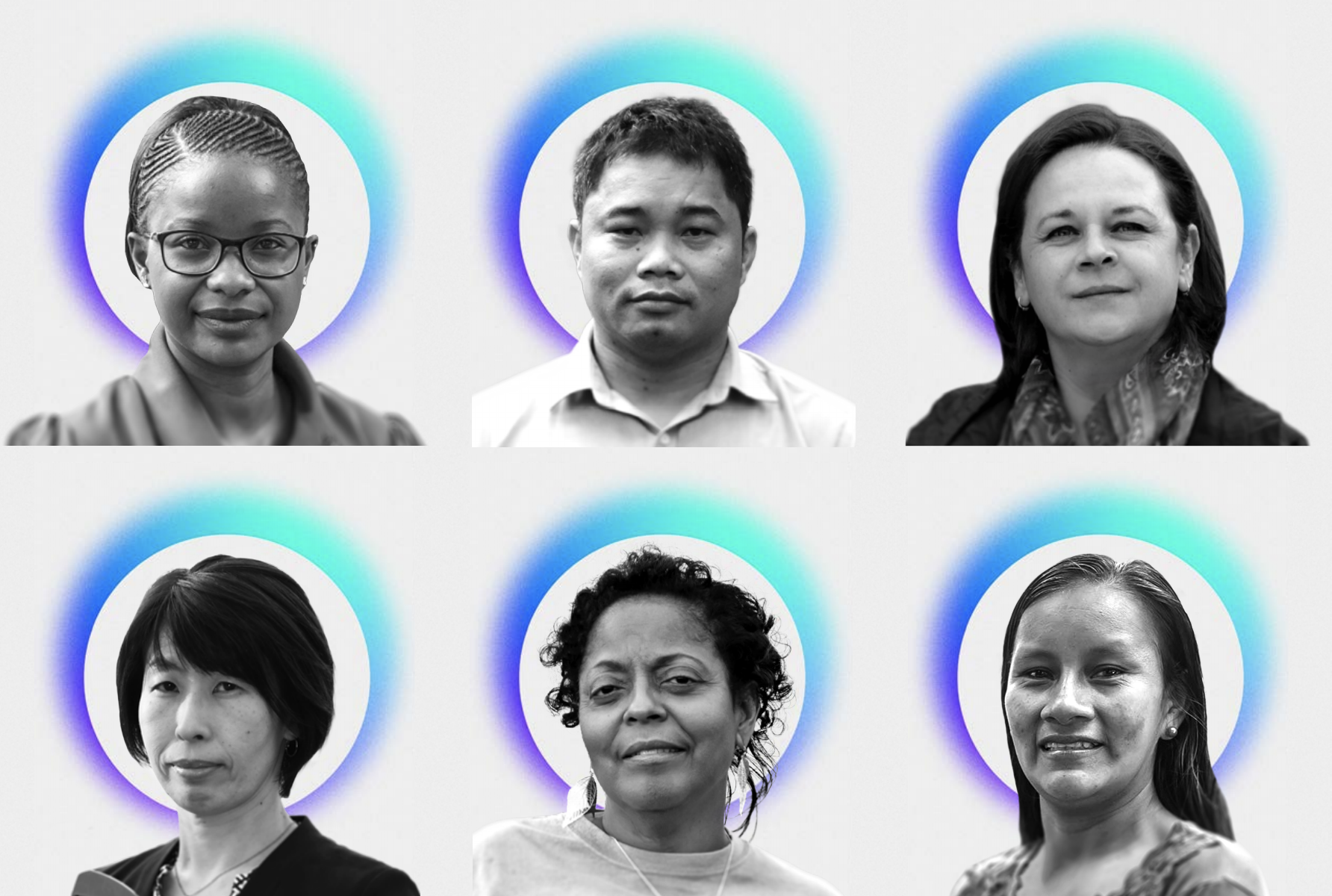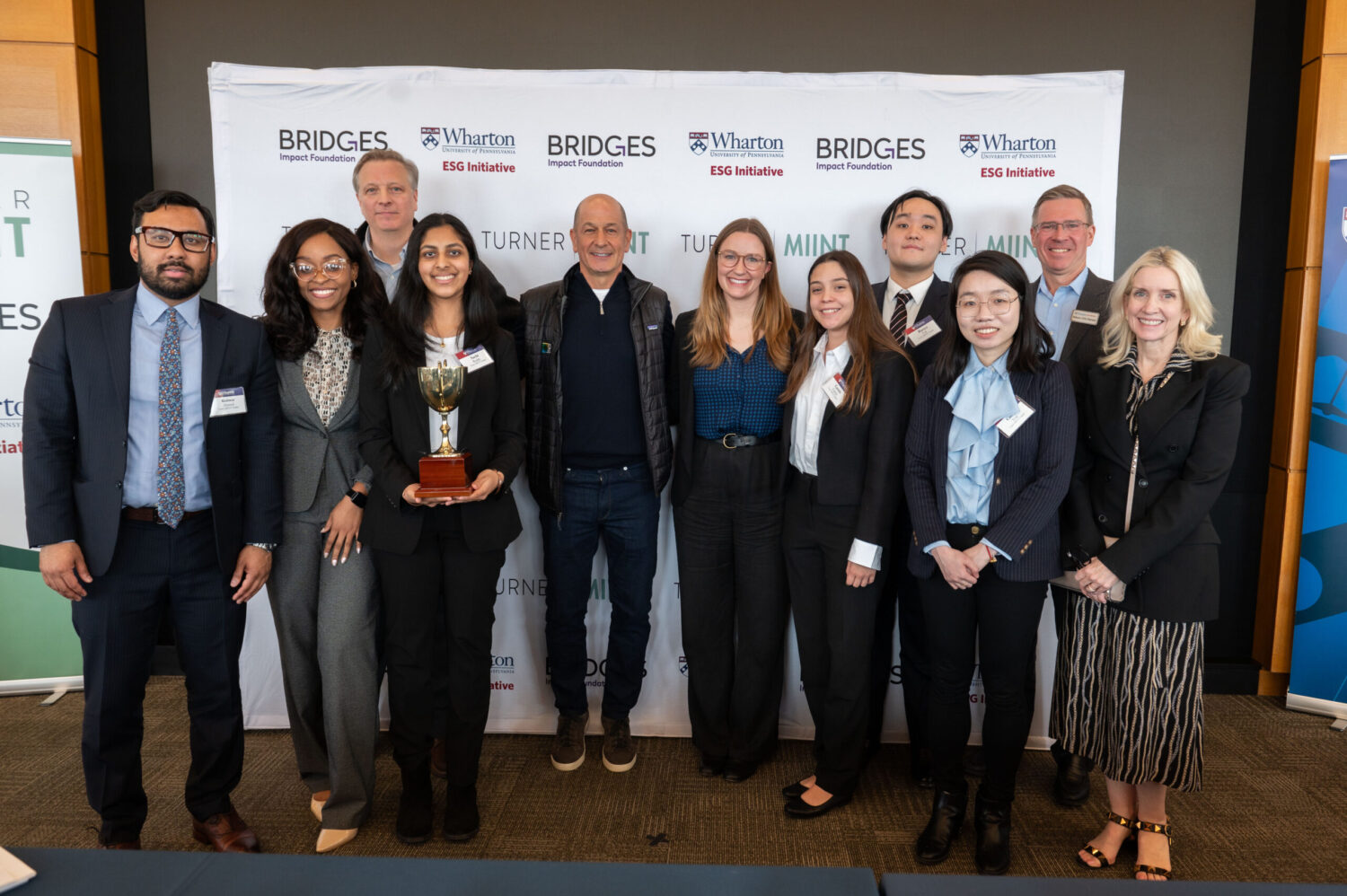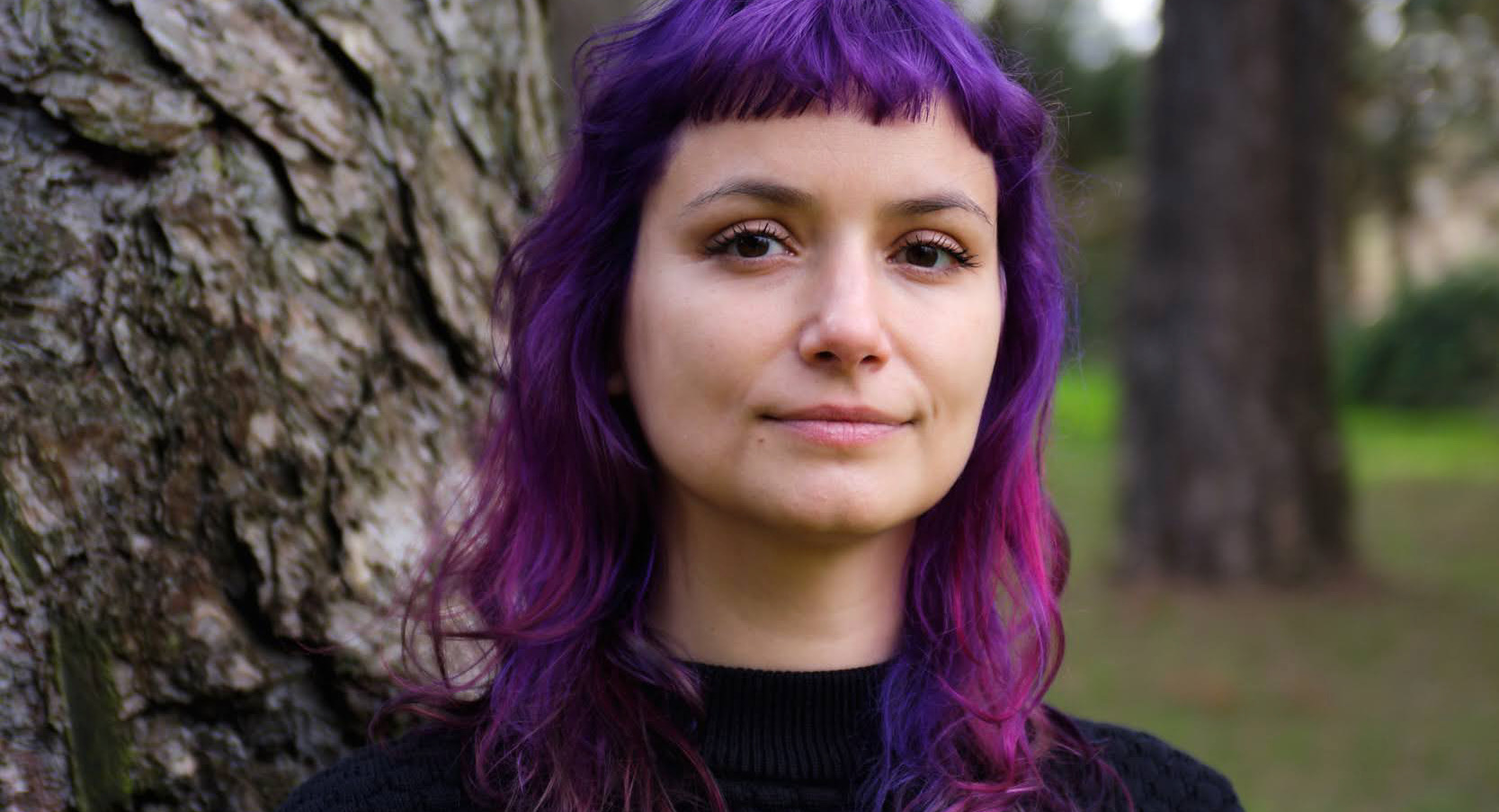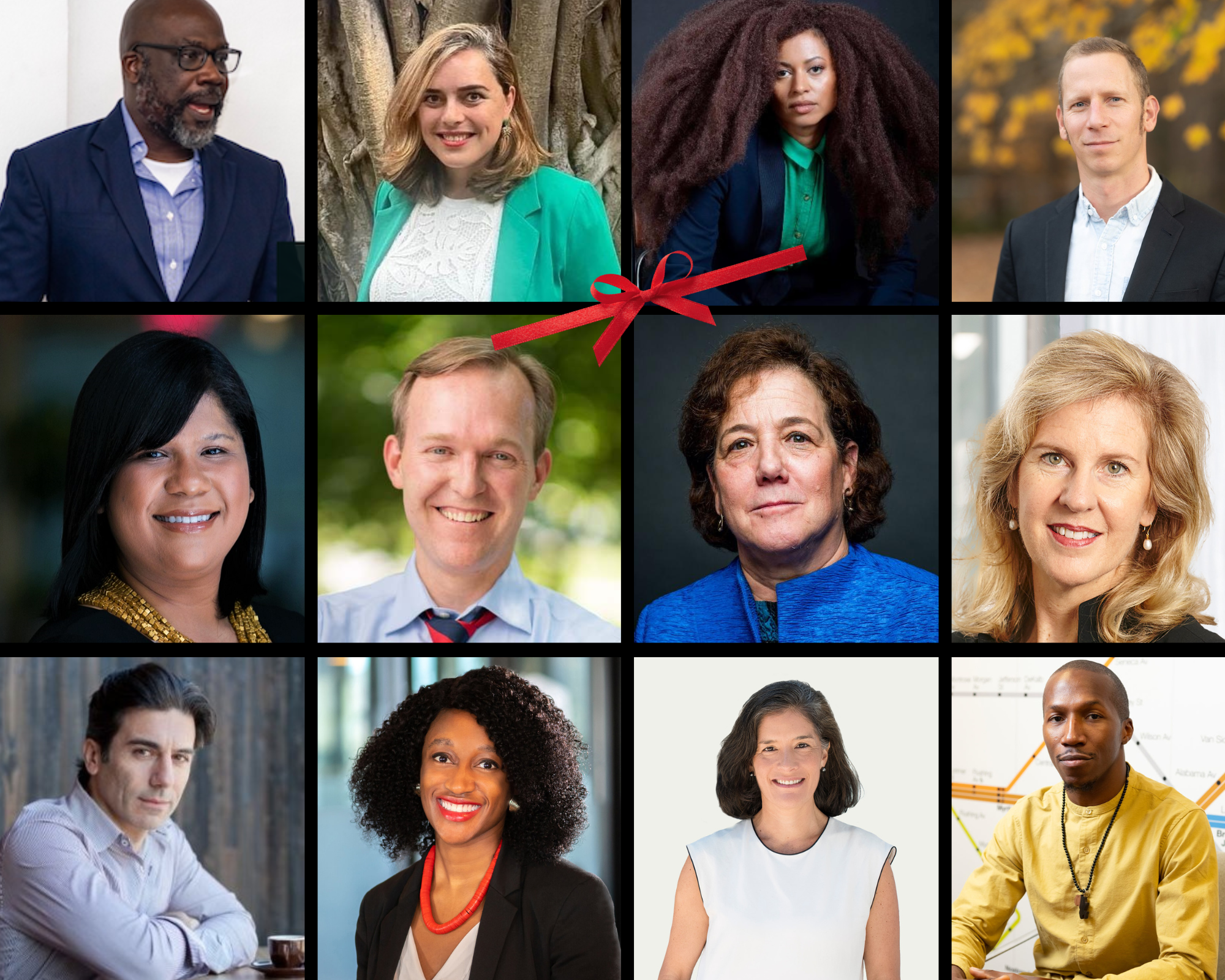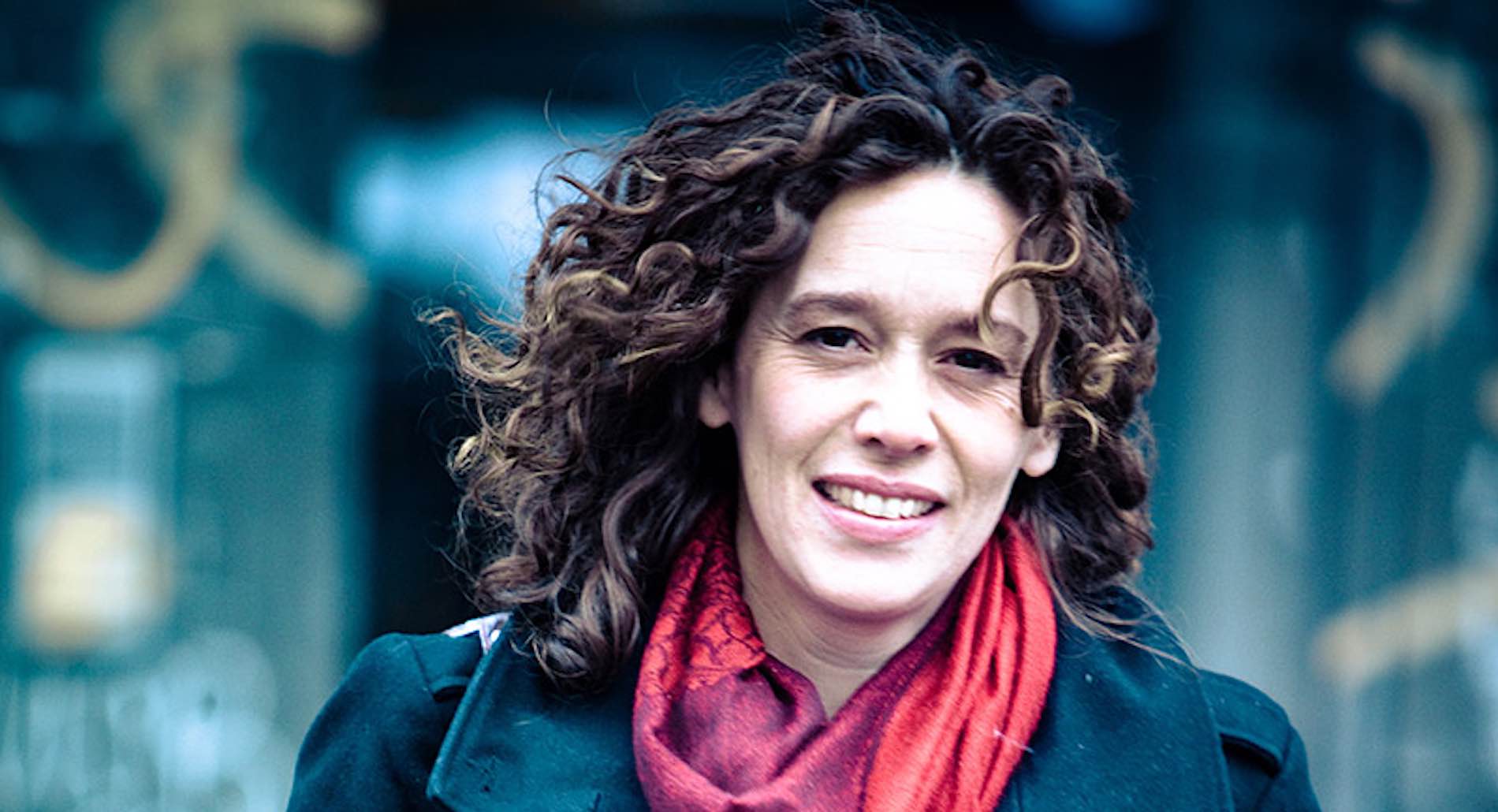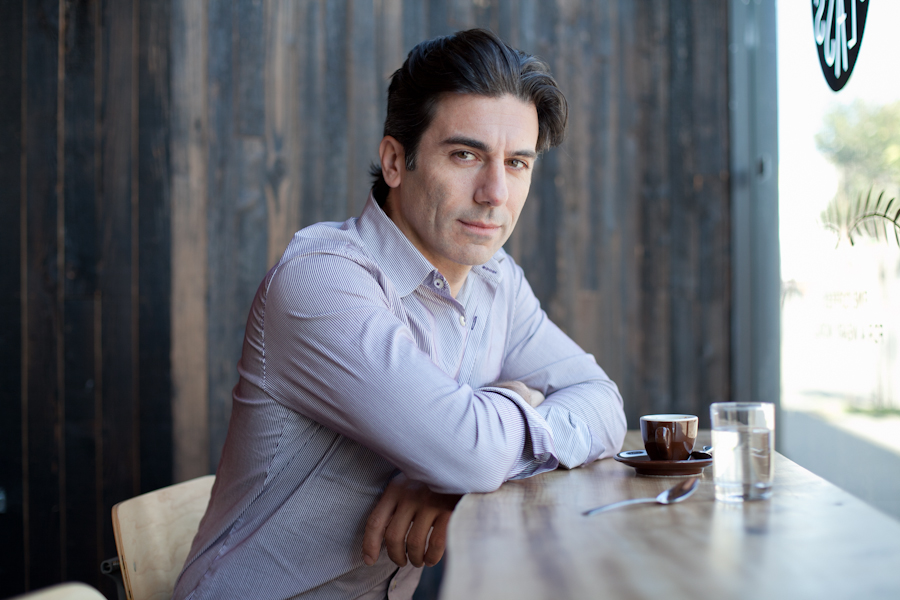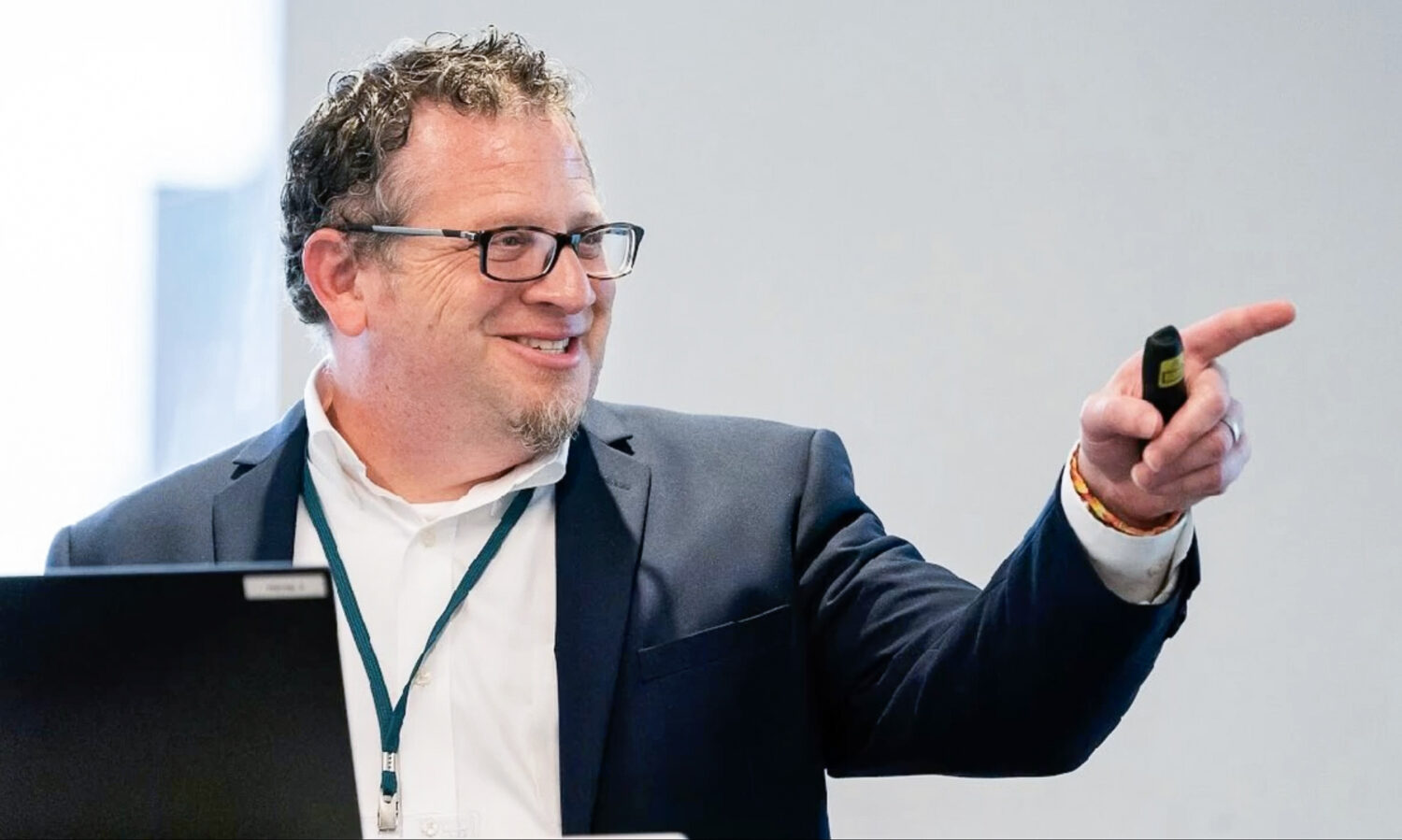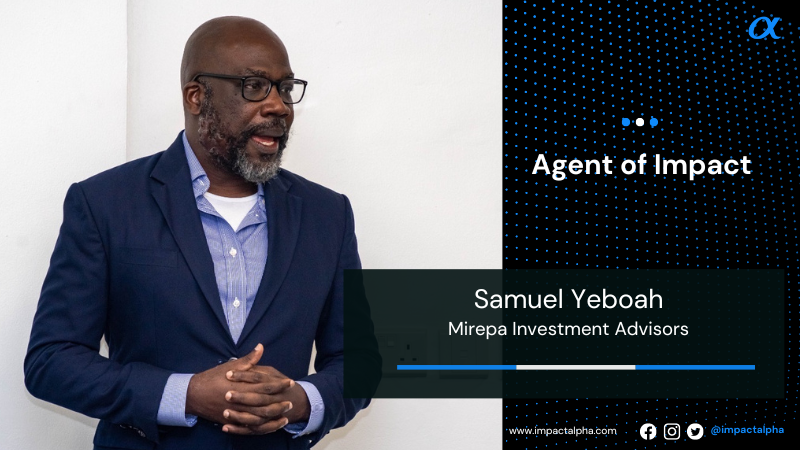ImpactAlpha, June 25 – Environmental activism is social activism.
Gloria Majiga-Kamoto became the face of the crusade to ban single-use plastics in Malawi. Why? The trash was choking livestock and hurting farmers. Liz Chicaje Churay became a champion of forest preservation in Peru: logging and mining were hurting the livelihoods and desecrating the ancestral lands of her own indigenous Bora people. Sharon Lavigne became an environmental justice advocate to protest a plastics manufacturing plant in St. James Parish, La., her town in the polluted and predominantly Black stretch of the Mississippi River known as “cancer alley.”
The women’s path to environmental advocacy started with people and communities. Along with Vietnam’s Thai Van Nguyen, Japan’s Kimoko Hirata and Bosnia’s Maida Bilal, they were awarded the Goldman Environmental Prize, known as the “Green Nobel,” in recognition of their grassroots activism.
“I’ve always had a problem with being labeled as an environmentalist,” Majiga-Kamoto told Quartz. “It’s really about people and understanding what people need.”
For 32 years, the Goldman prizes have honored “individuals for sustained and significant efforts to protect and enhance the natural environment, often at great personal risk.” For many, seemingly personal risks were acts of self- and community preservation. Says Chicaje, “We live off the forest. It’s our wealth. If it wasn’t for the forests, we wouldn’t have the food and pure air that we breathe.”
Marginalized communities most affected by poor infrastructure, pollution from heavy industry, and weak policy and regulation are most likely to identify opportunities to restore community wellbeing and resources while generating income and wealth. Evette Ellis and Kameale Terry of ChargerHelp in South L.A. are expanding electric vehicle infrastructure while making “EV service technician” a middle-class job accessible to high school graduates. Manka Angwafo of Grassland Cameroon is providing smallholder farmers with access to financing while helping them boost their climate resilience. Dawn Sherman of Native American Natural Foods is helping nurture tribal lands, restore Native livelihoods and improve food security.
“People need to appreciate that their voice is the only one that matters,” said Malawi’s Majiga-Kamoto. “What’s missing for us to make the change that we need is just to recognize the power we have.”

